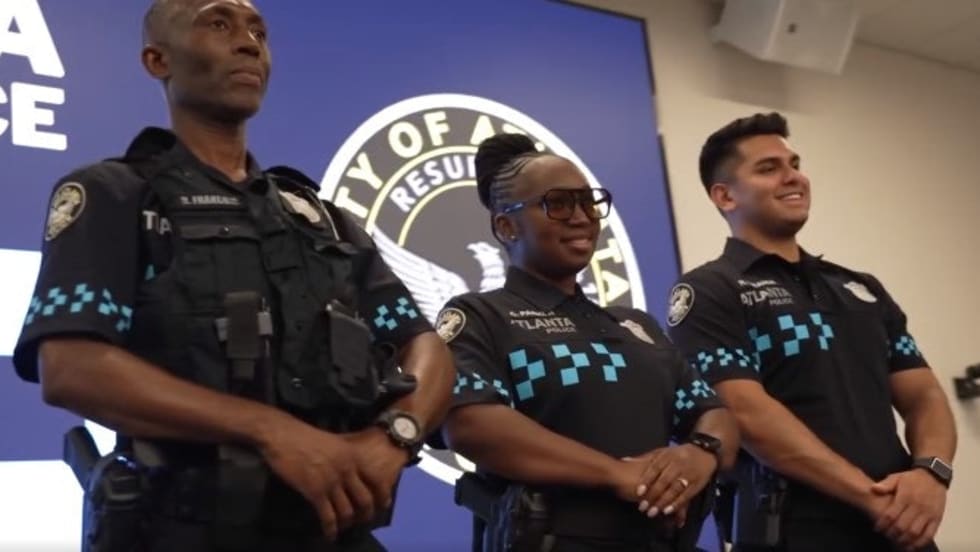Facebook announced Monday that it is cutting police departments off from a vast trove of data in the wake of concerns over law enforcement's tracking of protesters' social media accounts in places such as Ferguson, MO, and Baltimore, reports the Denver Post.
Facebook, along with Twitter and Facebook-owned Instagram, provides developers access to users' public feeds. The developers use the data to monitor trends and public events. On Monday, Facebook updated its instructions for developers to say that they cannot "use data obtained from us to provide tools that are used for surveillance."
Until now, Facebook hasn't been explicit about who can use information that users post publicly.
The new policy language does not kick law enforcement off the platform. For one, the company cooperates with law enforcement on a case-by-case basis for help in solving crimes.
Police and federal agencies may still siphon people's feeds in cases of national disasters and emergencies, Facebook officials said. It was unclear how Facebook would decide which emergencies and public events would warrant monitoring citizens' data and which would constitute unreasonable "surveillance." "Surveillance" was also not defined in the blog post, a potential gray area that outsiders can exploit. Facebook said it would continue to audit third parties for policy violations and require that developers disclose what they plan to do with data they are requesting access to.











